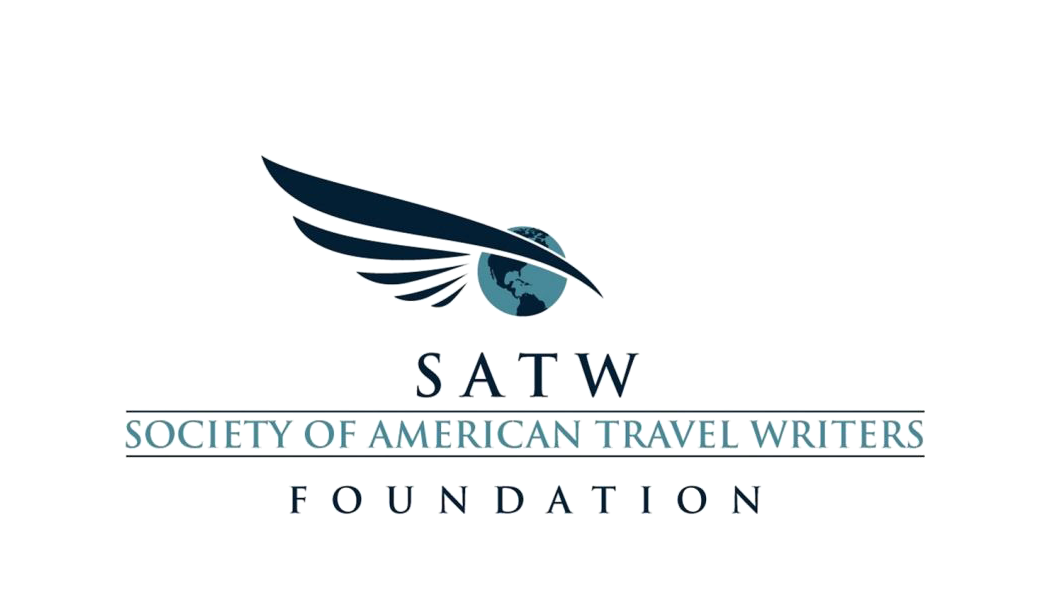
Welcome to the 40th anniversary page of the Lowell Thomas Travel Journalism Competition. In honor of the Foundation’s 40th anniversary, we asked some of our past winners to tell us what the Lowell Thomas Travel Journalism Award meant to them and their careers.
THE FIRST Lowell Thomas Travel Journalism Competition celebrated work done in 1984, and since that time, the Foundation has awarded more than $600,000 to journalists. Today, it is the premier competition in North America in the field of travel journalism. It has gained its stature for several reasons, most notably:
- it does not promote any particular destination or travel product,
- it does not have any membership requirements for journalists to enter, and
- it is judged independently by the faculty at a top U.S. school of journalism.
We travel writers often lead surprisingly thankless lives, if only because our colleagues in the hard-news business look down on us as softies and many envious readers see us as the people who take vacations for a living.
So what a joy it has been, for forty years now, to have the Lowell Thomas Awards to remind us all that we’re working in a noble and essential tradition, to give us something to aspire to and to define what travel writing is and what it can be.
I began writing professional forty-two years ago, so it’s been a rare thrill to grow up hand in hand with the Lowell Thomas Awards, and every spring to have an incentive to write better and to look back to see what entries I can send along.
Thank you, Society of American Travel Writers, for encouraging us, for supporting us and for inspiring us!
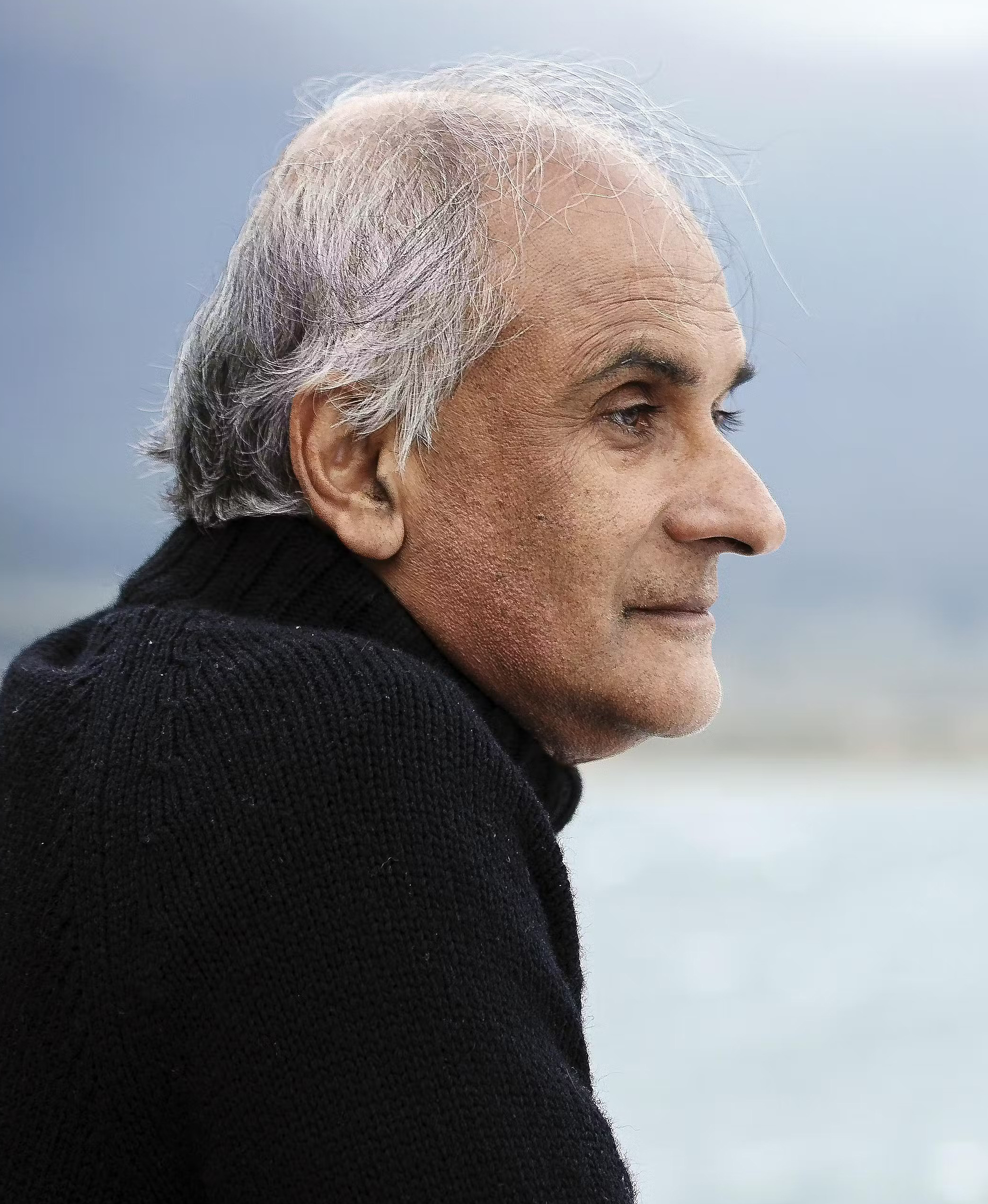
Pico Iyer
author
Travel writers do a lot of work alone or in the company of people we haven't met before. We like it that way, but a lot of us also appreciate how The Lowell Thomas awards help connect us as a farflung community. Every year, the competition forces me to take stock of my own work, alerts me to new talent and amazes me with ideas that demand to be, um, borrowed. The awards also remind us -- and our colleagues -- how our words can resonate in the wider world.

Chris Reynolds
Los Angeles Times
The Lowell Thomas Awards have been an important part of my professional career throughout my life. I received my first award in the late 1980s, shortly after I became Travel Editor at the San Francisco Examiner. At that time, at the beginning of my fledgling career, receiving this recognition from a distinguished group of journalism professors was a tremendous boost for me personally and professionally.
As my writing and editing career has evolved from one medium to another, from the printed Examiner to online writing and editing for Salon.com, to book writing and editing for Lonely Planet, and finally to print and online writing and editing for National Geographic, Geographic Expeditions, and other print and digital publications, the Lowell Thomas Awards have been an important constant and compass, bolstering me and our profession as a whole by continuing to recognize and honor high accomplishment in travel journalism.
Now, when travel publishing is more varied and travel journalism is more challenging and challenged than ever before, the awards play an essential role in highlighting the works of extraordinary quality that are still being produced and that represent the abiding value of excellent travel journalism in all its forms.
The Lowell Thomas Awards unite us as a community and remain a critical source of inspiration and sustenance for me and, I think, for all of us who love travel journalism.
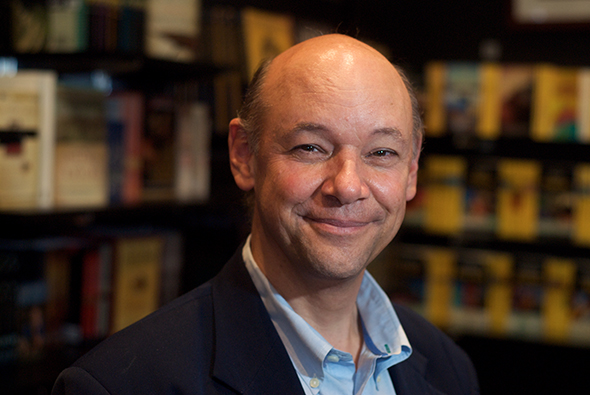
Don George
Author, Speaker, Founder of Book Passages
In the early 80s -- when the economy was booming and the travel bug had infected millions upon millions, in Seattle, there was Boeing and Microsoft to help lead the way. The Seattle Times publisher jumped on the bandwagon. And I was a beneficiary. As the new travel editor, I was given a healthy budget, a skilled travel-department staff plus the opportunity to use any of the newsroom folks for travel assignments. And of major importance, there was a no-free-trip policy that pointed to strong and ethical travel journalism. Meanwhile, the SATW leadership established the Foundation, whose primary purpose was to honor and foster good travel journalism. Len Barnes, editor of AAA's Michigan Living magazine, led the way. For the next 20 years, the travel editors of most major newspaper travel sections, including me, had the best jobs in the world. At our annual SATW travel-editors meetings, we had fun sharing our experiences and stories and ways to make our sections more valuable to our readers. The SATW contest honors meant a lot back home in that the publicity from the travel-journalism accolades we received kept our bosses happy and supportive. During the boom years, the lists of Lowell Thomas competition winners bore the names of such skilled writers as Paul Theroux and Pico Iyer, newspaper travel editors such as Catherine Watson and Don George and writers such as Jim Molnar, Chris Solomon and Chris Welsch. Plus oh-so-skilled photographers. As the print world diminished, we have seen the growth of online and tech travel journalism, plus special-topic publications. I'm eager to see what the next years bring. I'm sure the Foundation will be there to continue to honor and foster good travel journalism.
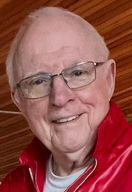
John MacDonald
former travel editor, The Seattle Times
I've always loved a great story. The weaving of colorful details, imagining the storyteller in each action, and creating a dramatic "what happened next?" always has me sitting on the edge of my seat, leaning in for more. When I started my radio show, I wanted to share fascinating stories, bringing the listeners in with intriguing words and placing them in the destinations I visited. I read the stories of travel journalists who quickly took you on a visual ride through countries worldwide. Could I do that? Will my stories invite others to dream of travel to faraway places? I doubted my ability to tell those types of stories.
COVID had a way of changing things. With a travel radio show and no way to travel, it was time to kick my fears aside and tell stories. I asked those who could share what makes their home city unique. Destinations I love started to come alive.
My first Lowell Thomas was a story about one man's connection to rice and place, honoring his ancestors, who grew the crop as enslaved labor. I was beyond honored to have this story recognized. I was inspired to submit more shows, a story about America's first women, a romantic tale of a spirited mailbox, and a narration of Black history told through the voices of those who know it best. I celebrate the prestige of being among journalists who inspire me constantly to put my best stories forward. It's a thing of much gratitude.
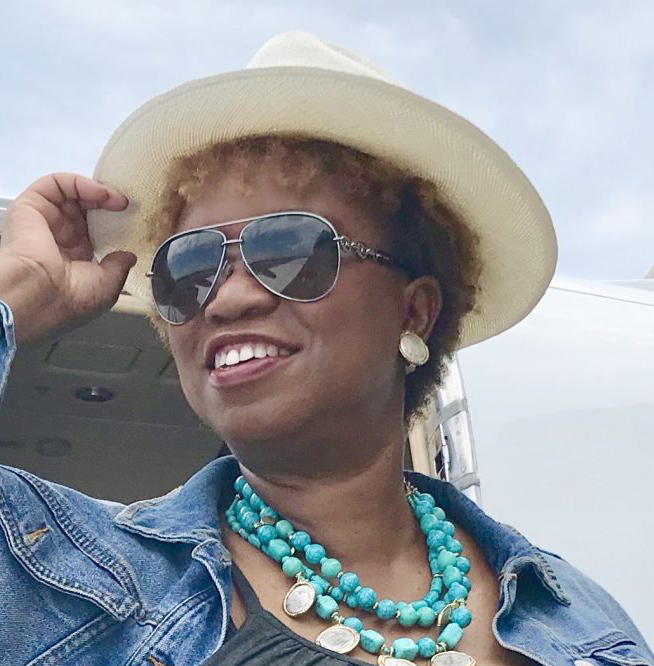
Annita Thomas
On-Air Personality
Winning the Lowell Thomas award legitimized me in the travel space. An interloper became an insider overnight. It opened the door to other opportunities and contacts that in turn broadened my reach and created more opportunity in an ever widening arc. To say nothing of the fellowhship of SATW members, which has been invaluable.

Andrew McCarthy
author
I can confess this now: I was ridiculously unqualified to be a travel writer. Yes, I had traveled quite a bit in my young life, and indeed I could recite all 50 states in alphabetical order. But for some other reason, perhaps as a lesson about youth and arrogance, I was selected as the travel editor for The Kansas City Star, which came with reporting responsibilities. Wanting to prove myself, I chose as one of my first assignments a canoe trip in Florida’s Okefenokee Swamp. Made perfect sense to me: I had never canoed, never camped and had never been to Florida.
After a week in the swamp with a group of real outdoors people and travel adventurers, from whom I received a master’s-level education in my own idiocy, I emerged looking like a swamp creature, face blackened with campfire smoke, clothes encased in mud and body playing host to a compendium of ticks and other freeloading insects.
Debugging myself and writing the story proved equally challenging, except the latter responded to candy and nicotine. Once home, I sat down, armed with my muses, peanut M&Ms and cigarettes, and wrote a story that somehow won a Lowell Thomas award for U.S. Travel story.
I was stunned.
I knew I was an imposter, but at least maybe I wasn’t a complete fraud. The award helped right my ship of badly shaken self-confidence and launch me on an unbelievable career path. I remain convinced that God and Lowell Thomas himself watch out for fools and journalists and sometimes both.
I am ever grateful.
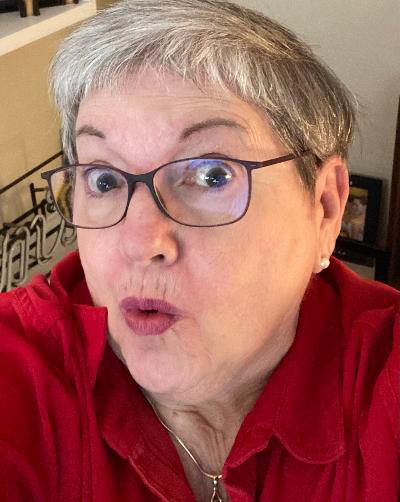
Catharine M. Hamm
president SATW Foundation
When the Lowell Thomas Awards were inaugurated in 1985, I was thrilled to see a prestigious competition open to all, not just SATW members. And I was even more thrilled to be awarded the Grand Award that first year, when I was travel editor at the Dallas Times Herald. It was presented at the SATW national convention on Mackinac Island, one of the most interesting places in the USA (especially if you like horses and fudge). Since then, the contest has expanded to attract top-notch writers from many publications. I look forward to reviewing the winners each year. I’m mostly retired now and won’t be entering again, but kudos to those who do, and keep up the good work!

Janet Fullwood
former travel editor, Dallas Times Herald
I won my first Lowell Thomas award in the competition’s inaugural year for a first-hand report about a misleading government ad campaign to boost tourism in Loreto, then an unassuming fishing village on the Sea of Cortez in Baja California, Mexico. At a time when most travel writing was relentlessly upbeat, I was proud that my reality-versus-hype story was recognized by a panel of journalistic experts. So were my bosses, who highlighted that and subsequent Lowell Thomas awards in a series of cover ads for the newspaper industry bible, “Editor & Publisher,” and it helped land me a gig as a consumer travel columnist for Universal Press Syndicate. A postscript: Four decades after Mexico’s multimillion-dollar attempt to drum up Loreto’s development and foreign tourist numbers, it remains much better known for dorado catches than for Instagram influencers - and is a sleepy shadow of its flashy Baja neighbors, Los Cabos.

Laura Bly
travel writer and photographer
What a joy to receive top honors for travel storytelling, taking home the Gold Lowell Thomas award for Travel Video (under 2 minutes) this year! It feels amazing to be recognized in my industry for my work, and it’s exciting to join the impressive list of Lowell Thomas award winners who come before me. As a travel filmmaker and content creator, it’s exciting to see new categories for specialties like Instagram storytelling and travel video added to the mix. It's important that the competition reflects the many kinds of travel stories being told today, while maintaining the same high standards. Joining the Lowell Thomas award winner circle is not just an honor, it’s a career milestone. Thank you to all who carry on the legacy of this important annual awards competition for travel storytellers.

Juliana Broste, aka “TravelingJules”
Travel Filmmaker + Host
After the passing of a friend, I scribbled the opening lines of “To the Young Mom on Flight 1122” in a South African parking lot. I sent it into one publication, a competition, and subsequently shelved it. Never in my wildest dreams could I have imagined the outcome — to be recognized for two Lowell Thomas Awards, and place second in the “Personal Comment” category to none other than all-time travel writing hero, Pico Iyer. It was an awe and a privilege.
The award meant so much more than just some arbitrary win. I’ve always had immense imposter syndrome at calling myself a writer — and the announcement came at a difficult time, when I’d largely felt disheartened at my own ability at the craft. But most of all, the recognition felt like a tribute to my late friend.
I’m eternally grateful for the support of my agent Mina Hamedi, fellow travel writers Lavinia Spalding, Marcia DeSanctis, and Catharine Hamm, and owe a huge debt of gratitude to Larry Habegger, editor of Travelers' Tales Books, who saw the value in this story even when I wavered. It’s extremely poetic to be acknowledged for this particular piece, and a reminder that even when you may not believe in your own writing, someone else might see its spark.

Pier Nirandara
author, travel writer, producer, photographer
